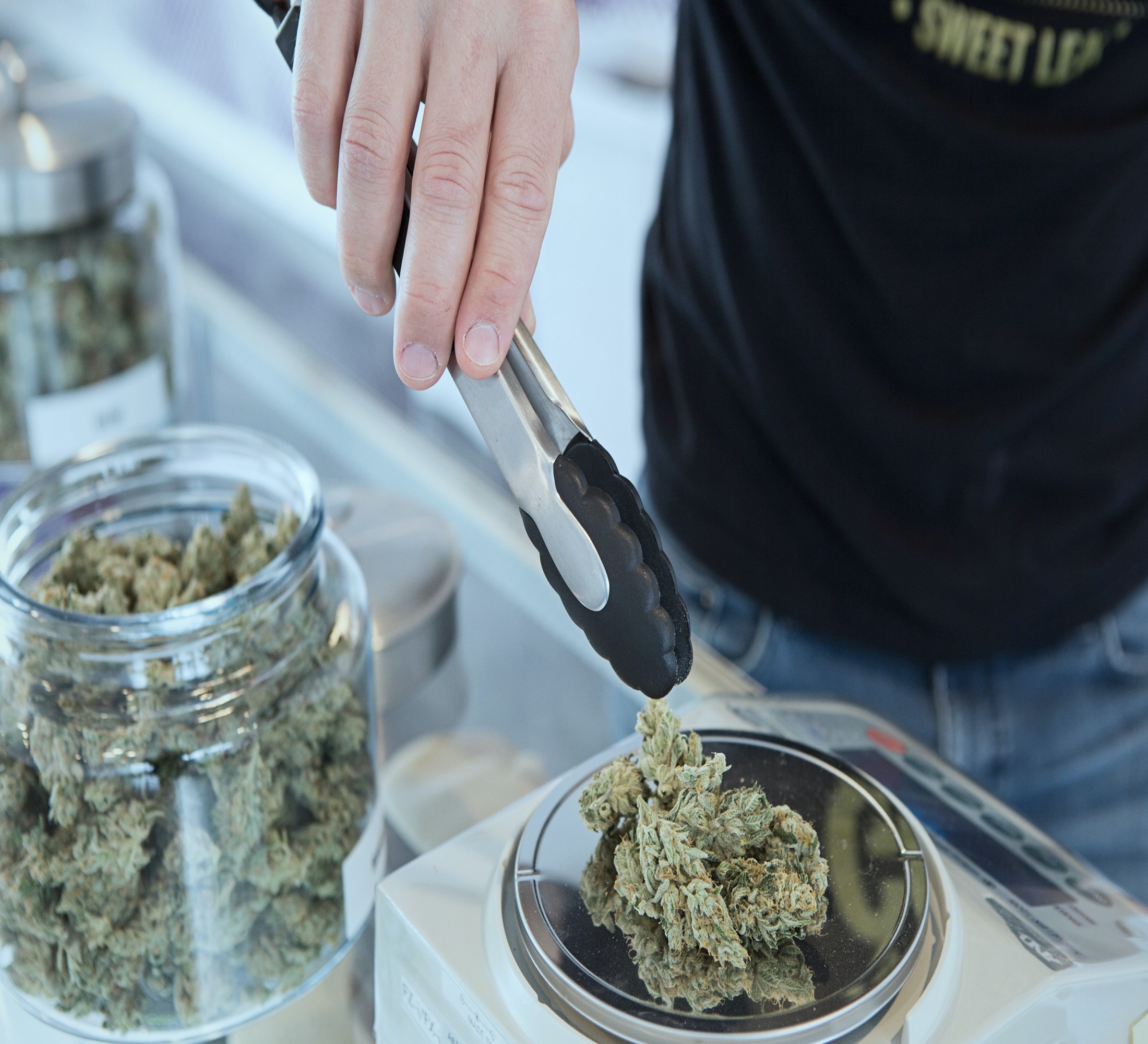Marijuana and weed both relate to Cannabis, the most well-known of plants used to produce a euphoric drug intended for medicinal and recreational purposes. The consumption of this drug can cause immediate effects that include mood swings, altered perception and hallucinations, memory impairment and hallucinations. The long-term effects are:
Dependence.
Difficulties with children having breathing issues.
General declines in the functioning of the mind.
Cannabis is also call pot, and other names like ganja, cheeba or 420 or additional. There are many names for it since the drug is ban in most countries, and any substance require to be illegally source naturally acquires an official name. The word “marijuana” was earlier than “weed“, commonly employed as a slang expression.
What is Marijuana?
The reality of American society, “Marijuana“, did not exist before 1910. It’s a Mexican Spanish term initially spelt as “marihuana” or “marijuana”. As more immigrants arrived in this area of the U.S. starting in 1910, the use of Cannabis was becoming more well-known. The following timeline also outlines some of the critical moments in the term “marijuana” history: Between 1910 and 1920, over 890,000 Mexicans took refuge because of the civil war, which ended their oppression. While the previously practiced the usage of Cannabis, the influx of immigrants amplified the smoking of Cannabis as a way to get high.
Marijuana also has CBD (cannabidiol), Another well-known cannabinoid. It won’t get you high but does provide positive effects like pain relief and relaxation. Different Marijuana strains will have different levels of CBD or THC, which can lead to different outcomes when consumed. About the differences between Marijuana and Weed, Cannabis falls under the genus category, whereas Marijuana is the species. Cannabis and hemp are part of the Cannabis Genus. It means that every Marijuana is Cannabis; however, there are a few exceptions. Cannabis can be classified as Marijuana.
The 1930s in the early years
Twenty-nine states prohibited “marijuana”, which was specifically associate with people of minorities (Blacks and Mexicans). According to some, Harry Ans linger, the first director of the Federal Bureau of Narcotics, was a significant influencer in establishing the word’s association with violence and foreigners. Therefore, Marijuana was consider one of the crucial factors that led to mental and body corruption in the Great Depression.
1937
At the peak of An slinger’s career “Marihuana Tax Act of 1937” was enacts , and “marijuana” has since then been extensively associate with the criminal and violently-inducing psychoactive drug.
What is Weed?
The term “weed” refers to being undesirable in a specific situation, “a plant in the wrong place”. The most common examples are plants not want in human-controlled environments like farm lawns, fields, gardens and parks. The term “weed” has no botanical significance as a plant that is consider a plant that is a weed in one sitting is not consider a weed when being grown in an environment that it is desire. When one type of plant is regarded as a valuable crop, a different species belonging to the same genus may be a severe weed like brambles that grow wild among the loganberries in a cultivated field. The same is true for volunteer crops. Volunteers crops (plants) are considered weeds when growing in subsequent crops.

Popular culture is known to be a fan of “weed”, as evidenced by T.V. shows like Vice land’s “Wikiquette”, Discovery Channel’s “Weed County”, and National Geographic’s “Weed County”. It appears to be the hottest term for Cannabis. Further, the following timeline illustrates the usage of Cannabis in print:
1929 to 1932
American Speech, an academic journal, featured “weed” as “Among the New Words”. It defines as a “marijuana cigarette”. The Chicago Defender, an obituary newspaper weekly, used the expression: “the weed, the Marijuana…. “.
1949
Raymond Chandler wrote in his novel “The Little Sister”: “They were looking for a trunk packed with weed“. Like the pot plant, it appears to be a generational preference that young millennials, rather than Gen Z., are now using. The phrase “smoking weed” started to rise throughout U.S. literature at the beginning of the new century. However, “smoking marijuana” and “smoking pot” began to fall.
